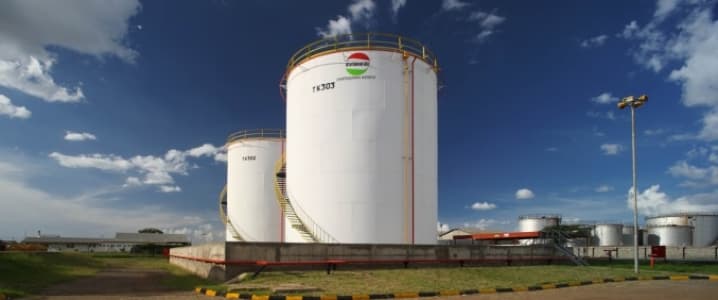After EU-member states agreed on a Commission proposal, the EU will invest €263 million in key gas and electricity projects across the Union with primary focus on the Baltic Sea region.
The European Commission announced on Friday (15 July) in a press release that the 28 member states agreed to invest €263 million in trans-European energy infrastructure projects. The biggest share of the support will be destined to the Baltic Sea region to help the expansion of the gas infrastructure, meanwhile the other part of the investment will support the electricity sector across the European Union.
Under the Connecting Europe Facility (CEF) funding support programme, the EU was allocated a total of €5.35 billion to trans-European energy infrastructure projects for the period of 2014-2020. The programme selects projects that aim to increase energy security, connect isolated EU countries to the Union’s energy network, as well as ensure affordable, secure and sustainable energy for the member states. The proposals must be ‘projects in common interest’ in order to be eligible for a grant, which means that once completed, the projects ensure significant benefits for at least two EU member states and improve supply security and reduction of CO2 emissions.
"Well-connected energy infrastructure is essential to achieving the Energy Union. This EU support will help fill existing gaps in energy infrastructure, putting us on the path to a truly connected European energy market. This is necessary to strengthen the security of energy supply and a more efficient use of the energy resources and integration of renewables into the grid", Miguel Arias Cañete, European Commissioner for Climate Action and Energy said. Related: China’s Oil Output Tanks , Hits 4 Year Low
In the gas sector, CEF grants will cover the building of the Balticconnector, which will be the first gas pipeline between Estonia and Finland. The interconnector aims to end Finland’s heavy energy dependence from Russia, which has been the country’s single natural gas exporter since 1974.
Moreover, a €18.6 million EU support will be destined to increase the works around the Estonian-Latvian interconnection. “The enhancement of Estonia-Latvia interconnection will enable better access to storage in Latvia, ensure a more diverse natural gas transmission network in the Baltic Sea region and further enable the Balticconnector project”, the statement says.
Apart from investing in gas projects, the funding programme will also focus on the electricity sector. The list of electricity related projects, among others, will include the construction of a new 100 km electricity line between Dobrudja and Burgas in Bulgaria with an EU support of €29.9 million.
In addition, a €125,010 EU support will be given to develop a preparatory study for a secure and reliable operation of the Baltic states’ power system and a €243,250 grant for another study on the gas interconnection at Nea Messimvria in Greece.
Under Connecting Europe Facility – Energy in 2016 a total of €800 million available for grants. The second call for proposals for this year with an indicative budget of €600 million is currently ongoing and will close on 8 November.
All in all, the CEF funding support programme is a very interesting and promising initiative and in the long-term could be a real game-changer in the EU’s energy sector. However, even though there are plenty of grants available for all member states, it’s no surprise that the current programme is primarily focusing on the Baltics, aiming to reduce the region’s heavy energy dependence from the Kremlin.
By Daniel Stemler for Oilprice.com
More Top Reads From Oilprice.com:
- The Fuel That May Halt The Electric Car Revolution
- EV’s Won’t Kill Diesel – Electric Highways Will
- Oil Is Facing The Perfect Storm


















